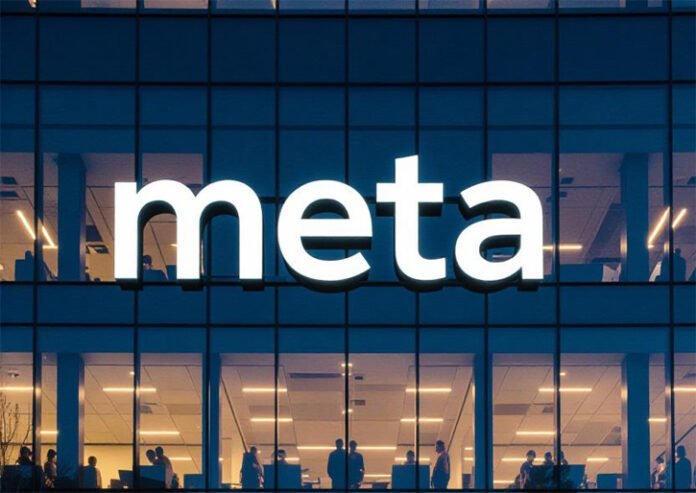The ” Meta “has announced the elimination of approximately 600 positions within its artificial-intelligence division. The announcement, dated October 23, 2025, signals a sharper focus from the Menlo-Park-based tech giant on building its next-generation AI capabilities — even as it winds down parts of its existing research and infrastructure apparatus.
“By reducing the size of our team, fewer conversations will be required to make a decision, and each person will be more load-bearing and have more scope and impact,” wrote Meta’s Chief AI Officer, Alexandr Wang, in a memo seen by Axios and Reuters. Reuters+2Yahoo Finance+2
🔹 Why now?
Only months earlier, Meta made headlines for aggressively hiring top AI researchers, reportedly offering pay packages exceeding US$100 million to poach talent from rivals such as OpenAI, Google DeepMind and Apple. The Times of India+1 Yet the company now appears to be consolidating efforts — shifting away from broader research units such as FAIR (Fundamental AI Research) and infrastructure teams, and instead doubling down on a smaller “elite” unit known as TBD Lab, which will not be affected by the cuts. Reuters+1
🔹 Impact on employees and industry
Affected employees have been encouraged to apply for other roles within Meta, though many will depart. One Indian-origin AI researcher on an H-1B visa publicly shared her layoff on X (formerly Twitter) after being with Meta for just nine months. Hindustan Times While job cuts are not new in tech, the timing and scale here underscore a pivot within one of the world’s largest social-tech firms — from a sprawling research organization to a more focused “talent-dense” model.
Industry analysts interpret the shift as Meta evolving from building broad infrastructure toward competing on the frontier of superintelligence — AI systems that potentially surpass human capability. The redirection of capital, human resources and organizational structure suggests Meta is aligning with CEO Mark Zuckerberg’s earlier proclamations of building “personal superintelligence”. Business Insider+1
🔹 Business strategy & market implications
Meta’s move comes at a time when the AI-industry race is intensifying. The company earlier invested over US$14.3 billion in Scale AI and struck a US$27 billion deal with Blue Owl Capital to fund its largest-ever data-centre project. Reuters+1 By streamlining its workforce and reorganising, Meta aims to reduce decision-latency and accelerate productisation — especially in AI infrastructure, models and applications. But such restructuring carries risk: loss of talent, potential morale issues and public perception of instability.
🔹 Why this matters globally
For job-seekers and tech professionals: This is a reminder of how volatile the AI sector is — even leading firms are pivoting rapidly.
For businesses and investors: Meta’s strategy may signal a broader industry trend — shifting from broad AI research to more product-centric and narrowly-focused AI units.
For India and global tech-ecosystems: Many Indian engineers and H-1B professionals work in US-based AI labs; remote ripple effects will be felt across talent markets, outsourcing and startup ecosystems.
🔹 What’s next?
Observers will closely monitor:
How Meta reassigns or compensates cut employees;
Whether the TBD Lab delivers breakthrough models or products;
How competitors like Google, Microsoft and OpenAI respond or capitalise;
Whether Meta’s earnings and model-release timeline reflect this internal shift.
“We’re moving toward fewer, higher-impact teams,” Wang’s memo read. “The future of AI is not in scale-out, but in precision and agility.”
In short: Meta’s layoffs aren’t just about cost-cutting — they are a clear signal of a change in strategy, one that could reshape how AI research and productisation occur at scale.
















